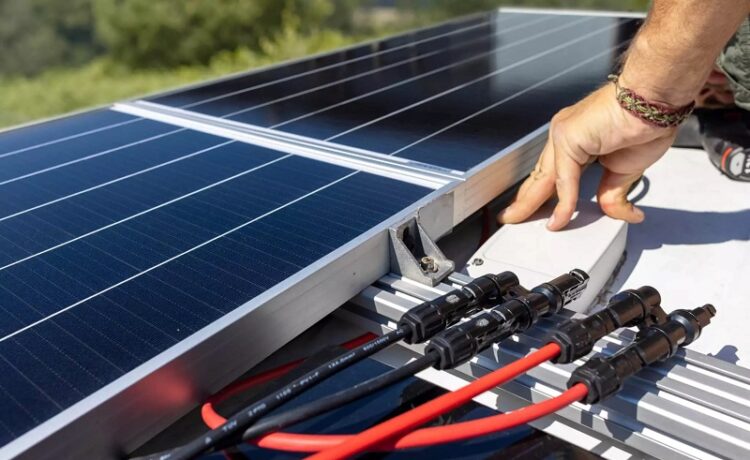Business use of solar energy is rising to save money and the environment. Solar panels may be too expensive for others. Solar panel leasing has perks and downsides. This article evaluates the pros and cons of leasing solar panels for businesses to aid decision-makers.
Cost Savings and Financial Flexibility
Installing solar panels can save you money instantly. Due to their high upfront cost, typical solar panel installations may be prohibitively expensive for many enterprises. By leasing, enterprises can avoid this high capital expense. Monthly leases let corporations pay for space over time. This financial freedom can fund important investments and tasks. Leases reduce long-term solar panel expenses by include maintenance and repair. Predictable and managed expenses make a corporation more financially solid.
Environmental Impact and Corporate Social Responsibility
Solar energy leasing firms are eco-conscious. Businesses can cut their carbon footprint by using fewer fossil fuels. This improves the company’s green image and combats climate change. CSR is increasingly important to investors, buyers, and other stakeholders. Environmentalists can invest in green businesses. Leased solar panels can meet CSR goals without the expensive expense.
Access to Advanced Technology
Renting solar panels lets businesses use cutting-edge technology. Solar technology improves rapidly in appearance, performance, and integration. Leasing companies improve their systems to offer the most efficient models. Businesses can use new tech without buying new gear. Modern technology boosts corporate performance and energy efficiency. In a dynamic industry, organizations may compete by using the best tools.
Predictable Energy Costs
Enterprises face expensive and uncertain energy prices. Leasing solar panels helps companies predict energy costs. Leases have fixed monthly payments, although utility costs may be higher. Businesses manage resources and budgets better when they know what to expect. Solar energy costs have held stable despite rising electricity bills. Solar panel leasing saves money and protects against energy price hikes.
Tax Incentives and Rebates
Leased solar panels may benefit businesses with tax returns. These savings are usually included in leasing arrangements, but solar panel owners get some. Solar-power-converting enterprises may benefit from decreased lease payments and other financial benefits. A business should consult a tax specialist about local incentives and lease deals.
Considerations and Potential Drawbacks
Renting solar panels has many benefits, but organizations should consider the drawbacks. Long-term cost is a key issue. Machine leasing may cost more per month than buying. Companies must carefully weigh leasing terms against benefits and savings.
Conclusion
Businesses who desire solar energy but don’t want to pay much can lease panels. Lower costs, cutting-edge technology, consistent energy pricing, and corporation social responsibility are benefits. However, enterprises must choose a reliable leasing company, comprehend lease conditions, and evaluate long-term costs. Carefully evaluating these variables helps businesses choose something that fits their financial and sustainability goals.













